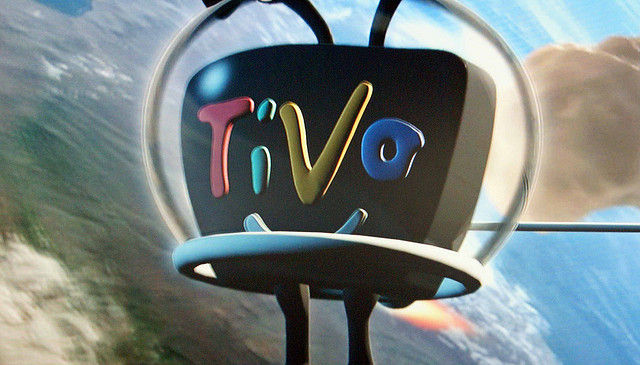
TiVo has sued Samsung for patent infringement, seeking to add the Korean electronics giant to the long list of companies that have paid TiVo for its patents. The new lawsuit seeks to keep patent royalties flowing to TiVo for years to come and accuses not just Samsung's set-top boxes of infringement, but also a wide array of its mobile devices.
A pioneering DVR company, TiVo's high-priced products have struggled in the marketplace in recent years, as many consumers have opted for renting set-top boxes from their cable providers. TiVo has been adapting to that model, with about 5 million of its 6 million customers now renting TiVo DVRs through deals with their cable providers, not from TiVo directly.
TiVo has supplemented its income from products with royalties from a series of patent battles against satellite and cable companies. In its complaint (PDF) filed yesterday, TiVo lawyers note that it has pulled in $1.6 billion in royalty payments from patent-related lawsuits. The licensees include EchoStar, AT&T, Verizon, Motorola Mobility, and Cisco, among others.
The new complaint is filed in the Eastern District of Texas, a jurisdiction that TiVo has historically turned to, despite it being distant from the company's headquarters, located just outside San Jose, California. TiVo says that Samsung-made set-top boxes infringe four of its patents, numbered 6,233,389, 6,792,195, 7,558,472, and 8,457,476. The '389 patent, entitled "Multimedia Time Warping System," is the oldest, having been filed in 1998 and issued in 2001. The '195 "Trick Play" patent has also been asserted in litigation before.
The complaint describes what TiVo views as its pioneering contribution to the DVR field and connects its 1999 innovations to modern smartphones. TiVo lawyers write:
Live television could be controlled with responsive and smooth “trickplay” functionality—the viewer could, for example, rewind, pause, play, or fast-forward the content as it was being received. More recently, mobile devices such as smartphones and tablets are increasingly used to access multimedia content. TiVo’s novel architecture also allows users of those mobile devices to simultaneously store and play back multimedia data as it is being downloaded to the device.
The other two patents in the case are "children" of the '389 patent, which relate to it but have later expiration dates. The '389 patent expires in 2018, so in a way, TiVo views this litigation against Samsung as a test case of how long it can keep its patent gravy train running.
"Today's action should help address one of the questions regarding the value, breadth, and applicability of TiVo's IP portfolio post the 2018 expiration of the '389 patent," TiVo CEO Tom Rogers said on yesterday's earnings call, which is when TiVo announced the litigation.
Court records indicate this is the first patent lawsuit TiVo has filed since 2012. Its last big case ended in 2013, when Cisco and Motorola agreed to pay $490 million to settle with the DVR maker.
The Eastern District of Texas has long been a favored home for so-called "patent trolls," shell companies with no business other than suing over patents. However, operating companies like TiVo have also used the district's plaintiff-friendly rulings to their advantage.
The lawsuit connects Samsung to the Eastern District by noting it has a facility in Richardson and an "authorized walk-in service center" for mobile devices in Plano. Those Dallas suburbs are within boundaries of the Eastern District. The complaint was filed not in those venues but in distant Marshall, a small town where one judge hears a big chunk of the nation's patent cases.
In the lawsuit, TiVo makes the claim that Samsung's mobile devices infringe the patents it once only applied to DVRs. Because Samsung phones are "specifically designed and configured with hardware and software components that allow for the simultaneous storage and playback of movies, videos, television shows, and other multimedia content," they must be made to pay royalties, TiVo argues.
The mobile devices cited in the complaint include Samsung's Galaxy Note line, as well as Galaxy Mega phones, Galaxy S phones, and Galaxy Tab tablets.
reader comments
98